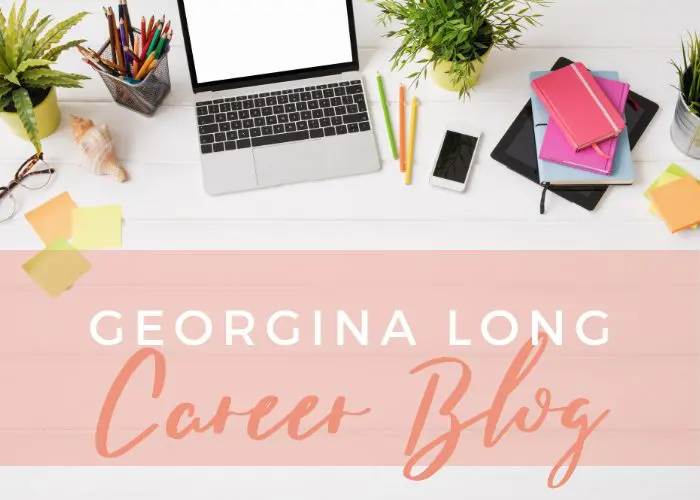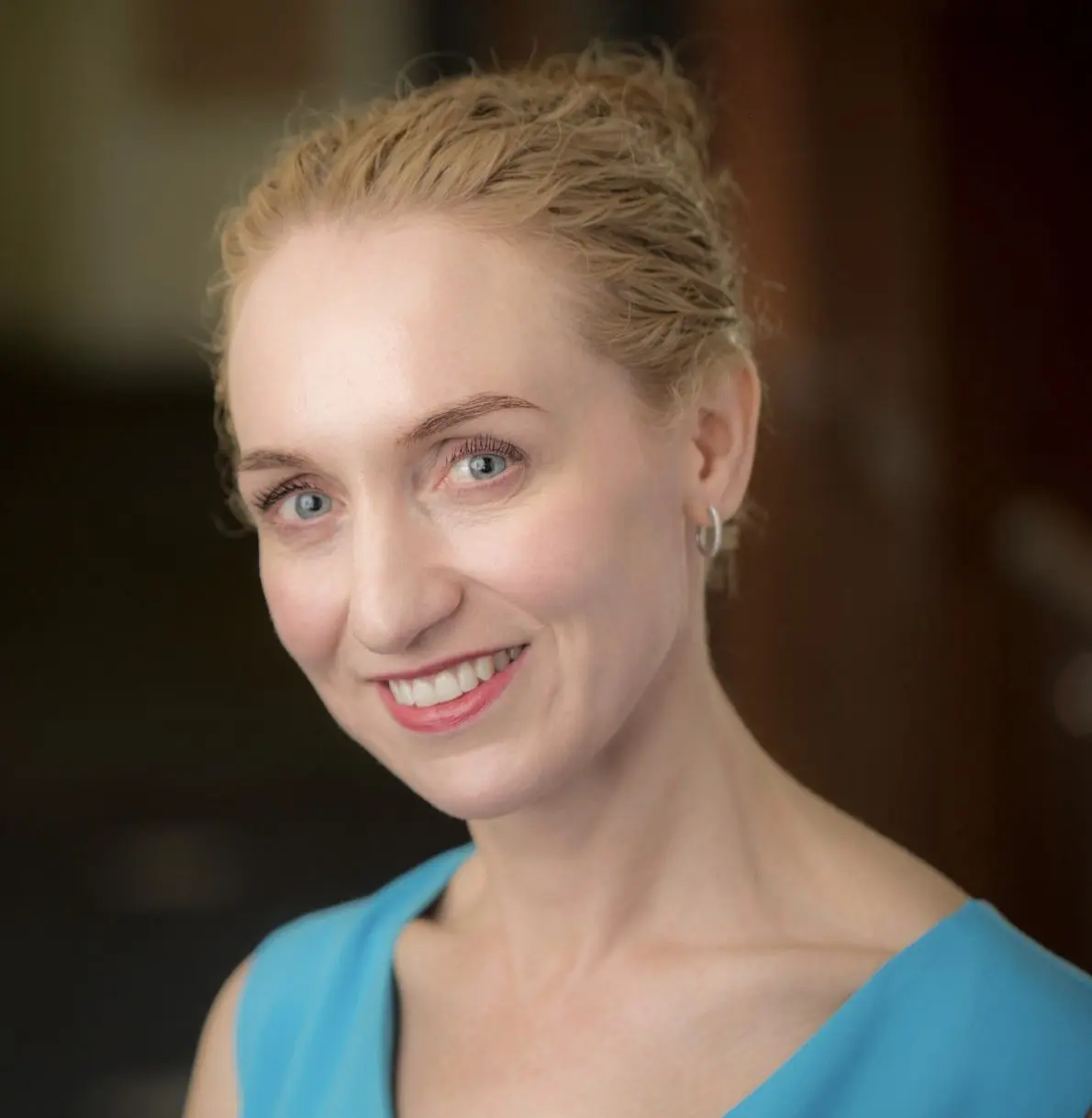
Meet Prof Georgina Long, Co-Medical Director of Melanoma institute Australia, Medical Oncologist, and Translational and Clinical Researcher. Georgina was also the awardee of the Australian Academy of Health and Medical Sciences Medal for Outstanding Female Researcher (2022 nominations now open!). Here she talks about her career, motivations and how she plans on doing herself out of a job one day

What is your current role and how did you get to be there?
I am Co-Medical Director of Melanoma Institute Australia, and a Medical Oncologist as well as a Translational and Clinical Researcher. My parents were academic and medical, and so I grew up with dinner-time conversations being quite medical and analytical. When I finished school, I studied a combined degree of science and law, but I think medicine was in my DNA. Eventually after finishing off some extra law credits, I gave it up to do a double major in pure maths and chemistry, followed by a PhD in organic chemistry. I was awarded a Fulbright Fellowship with a postdoctoral position at The Scripps Research Institute in California. I came back to Australia to start a medical degree. I was drawn to medicine
Medical oncology made a lot of sense because of what I had studied in my PhD and because of my molecular approach to science; I was thinking of atoms and how they interact to form molecules and how they interact in the body.
I developed a relationship with the Sydney Melanoma Unit, which is now Melanoma Institute Australia, through one of my lecturers, Dr Kerry Crotty. My dad was also into melanoma prevention and would be wearing sun-appropriate clothing long before the Slip, Slop, Slap campaign, so we were always very aware of melanoma and the risk.
I had just had my third baby, had finished my medical oncology training and enjoyed the research I had done in melanoma. I also realised that there was a lot of opportunity to really make a difference in melanoma: there was no systemic therapy, it was so unsexy that very few people wanted to take it on. So, I wrote myself a grant with the help of Prof Rick Kefford and Prof Richard Scolyer, and self-funded myself for the first 4 years of my career
How does your work contribute to the field and/or the overall health and wellbeing of the community?
Melanoma is Australia’s national cancer. We have the highest rates in the world, with one person dying every 6 hours from the disease, and one person diagnosed every 30 minutes. Melanoma is also the most common cancer impacting 20 to 39-year-old Australians. At the centre of all we do is our patients – they inspire me to keep asking questions about the why, how and what next for melanoma to achieve zero deaths or eradicate it completely. Importantly, breakthroughs in melanoma also drive treatment advances in other cancers, which means the impact of our work is exponentially greater than for melanoma patients alone. I ultimately would like to see melanoma become a chronic condition rather than a potentially terminal one. Success for me would be solving the melanoma issue and doing myself out of a job.
What project would you love to get off the ground, or skill would you develop, if you had the opportunity?
Other than a project or a skill, my focus is on cracking the code regarding why a subset of melanoma patients do not respond to novel or now well-established drug therapies that are saving the lives of countless others. I am also keen on developing rapid drug-development platforms for human clinical trials. Already at Melanoma Institute Australia, we have cut development times of novel combination drug therapies from 2 years to 6 months, using the neoadjuvant platform. Now, we are planning to use it in stage II melanoma, a much earlier stage of the disease where the patient only has the primary skin lesion with no spread.
All this work is critical if we are to reach our mission of zero deaths from melanoma. Only 12 years ago, patients with stage IV or advanced melanoma (i.e. distant spread to organs) would only live for weeks or months at best. Drug therapy breakthroughs in recent years, including immunotherapies, have saved thousands of lives, but we need to understand why these treatments do not work for close to 50% of advanced melanoma patients.
The team at Melanoma Institute Australia has also been working on a Personalised Immunotherapy Platform, designed to ensure patients get the right treatment for their tumour biology and genetic make-up, the first time. If we can solve both these critical issues, then we will be a step closer to saving all lives from melanoma.
What are your loves outside of work?
My husband and my three teenage daughters are my greatest love outside work. Working and family is a really difficult juggling act, but my husband is very supportive and we are a great team.
One has to try their best to eat well, exercise and sleep well so that what you have with your family is a good time. Exercise is critical for me so that I can stay on top of things. Basketball is fun for me, but I also swim, run and cycle. I was proud to represent Australia at the 2019 World Triathlon Championships in Switzerland, alongside my fellow MIA Co-Medical Director Professor Richard Scolyer AO, another great friend, support, supporter and colleague. Competing in the green and gold was such an honour.
What is one piece of advice you could pass onto others following their own career in the health and medical research sector?
My mother, who worked in public health, always told me to put my efforts into something that would make a difference to many. That single piece of advice has stuck with me, and I use it to fuel my ongoing passion and work. By tackling melanoma, our team is not only positively impacting the many thousands of Australians who have been, or will be, diagnosed with the disease, but the breakthroughs in melanoma research and treatment also benefit people with other cancers. The recent penicillin moment of checkpoint inhibitor immunotherapy having a widespread impact in cancer outcomes was due to the research in melanoma. It is challenging, but it is extremely rewarding.
